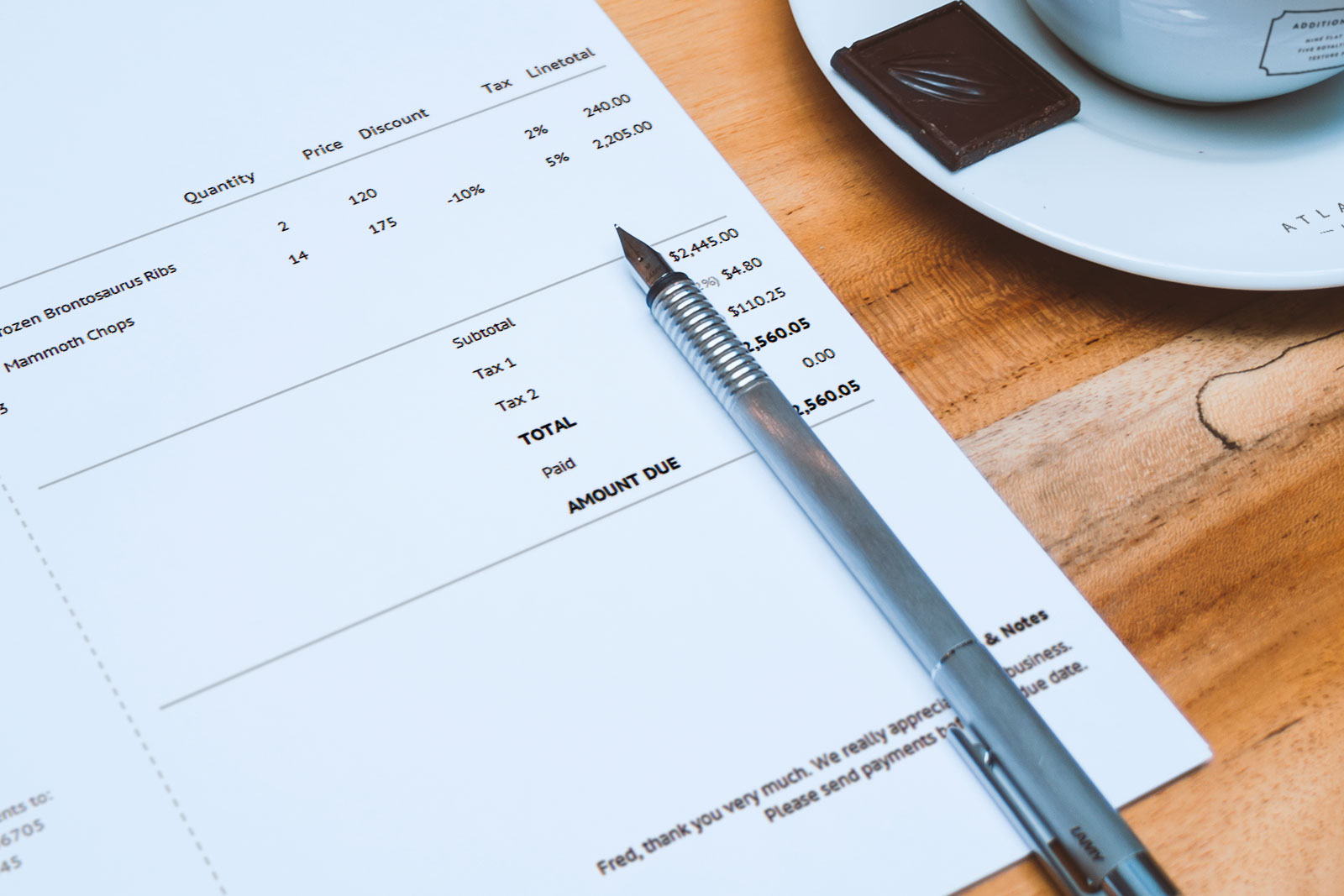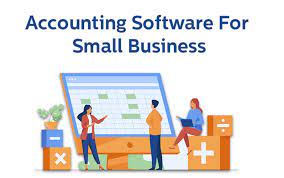In the digital age, businesses are confronted with a pervasive threat—fake invoices. These fraudulent invoices, often convincingly fabricated, can wreak havoc on an organization, leading to financial losses, reputational damage, and even legal complications.
As you work on streamlining your small business to meet up with modern challenges, protecting your business against this insidious form of fraud is paramount. In this comprehensive guide, we will delve into the world of fake invoices, explore the tactics employed by scammers, and provide a roadmap to safeguard your business effectively.
Understanding Fake Invoices
Fake invoices come in a variety of forms, each designed to deceive businesses and, in many cases, successfully mislead them into making payments for non-existent goods or services.
Understanding these types of fake invoices is essential to recognize and mitigate the threat.
Fabricated Invoices: These invoices are entirely fictitious, listing products or services that were never supplied to your company.
Scammers may rely on the sheer volume of invoices sent, hoping that a fraction will go unnoticed and be paid.
Altered Invoices: Scammers may manipulate genuine invoices by altering the amounts, account details, or other critical information. This tactic can result in overpayments, diverting funds to the scammer.
Deceptive Payment Requests: Fraudsters sometimes use fake invoices as a disguise to request payments or sensitive information under the pretense of a legitimate transaction. They may impersonate a trusted supplier or vendor.
The Impact of Fake Invoices
The consequences of falling victim to fake invoices can be severe. They extend beyond immediate financial losses to encompass:
Financial Distress: Payment of a fake invoice can result in direct financial losses, impacting your organization’s bottom line.
Reputational Damage: Discovering that your business has been deceived by a fraudulent invoice can harm your reputation and erode trust with clients, customers, and partners.
Legal Troubles: Fake invoices can lead to legal complications, especially if they involve significant sums or breach contractual agreements.
Operational Disruption: The time and resources spent rectifying the consequences of a fake invoice can disrupt your business operations.
Preventing Fake Invoices: A Comprehensive Strategy
Mitigating the risk of fake invoices requires a multifaceted approach. It involves implementing robust internal controls, educating your team, and enhancing your awareness of the risks and red flags.
Implementing Strong Internal Controls
To fortify your business against fake invoices, it is crucial to establish stringent internal controls:
Designated Responsibility: Assign the responsibility for invoice verification to a specific department or individual within your organization. Clearly outline their duties and the approval process for invoices.
Approval Process: Develop a strict approval process that mandates multiple authorizations before payment is made. This can include cross-referencing invoices with purchase orders and contracts.
Regular Audits: Conduct regular audits of your accounts payable procedures to ensure compliance and effectiveness. Continuously update and improve your controls to address emerging threats.
Educating Your Team
Your employees play a pivotal role in your defense against fake invoices. Educate your team about the various types of fraudulent invoices and empower them to identify red flags:
Invoice Types: Train your employees to recognize the different types of fake invoices, from fabricated bills to altered invoices and deceptive payment requests.
Verification: Teach them to verify the authenticity of invoices, cross-referencing them with purchase orders and contracts. Emphasize the importance of confirming the legitimacy of email contacts and addresses.
Open Communication: Encourage open communication within your organization. Employees should feel comfortable reporting suspicious invoices or any activity that appears irregular.
Verification of Invoice Details
Verifying the details of each invoice is a crucial step in preventing fake invoices:
Consistency Check: Inspect the invoice for inconsistencies, such as altered account numbers, payment instructions, or contact information.
If any changes are made to an invoice, confirm their authenticity through known, verified channels.
Secure Digital Communication
Transmitting fake invoices are via email is rampant, making email security a critical component of your protection:
Email Security: Implement robust email security protocols, such as firewalls and anti-phishing software. Deploy email authentication measures like DMARC to enhance security and prevent phishing attempts.
Vigilance: Train your employees to be vigilant when opening email attachments or clicking on links.
Encourage them to verify the legitimacy of emails requesting payment or personal information through a separate communication channel before taking any action.
Verification of Suppliers and Vendors
To reduce the risk of receiving fake invoices, thoroughly vet your suppliers and vendors:
Vendor List: Maintain an up-to-date list of approved suppliers and their contact details. Periodically verify the credentials and authenticity of your suppliers.
Industry Standards: Make sure that your suppliers meets the industry standards and are recognized as legitimate businesses.
Automated Invoice Verification
Leverage technology to streamline the invoice verification process:
Automation Systems: Implement automated invoice verification systems that can cross-reference invoices with purchase orders and contracts.
These systems flag any inconsistencies and discrepancies for human review, significantly reducing the risk of human error in the verification process.
Secure Payment Methods
Using secure payment methods is an essential aspect of safeguarding your business against fake invoices:
Secure Channels: Implement secure payment channels and avoid sharing sensitive financial information through insecure communication methods.
Verification Features: Utilize payment methods that offer built-in verification, such as digital signatures and two-factor authentication.
Regularly Review Your Accounts Payable Process
Fake invoices are an ever-evolving threat. To stay ahead, regularly review and update your accounts payable process to incorporate the latest security measures and fraud detection techniques.
Keeping your processes current and adaptable is crucial in the fight against fake invoices.
Conclusion
Shielding your business from fake invoices requires vigilance, education, and robust internal controls.
By understanding the tactics employed by scammers, implementing strict verification procedures, and using secure payment methods, you can protect your business from potential financial losses and safeguard its reputation.
In the ever-evolving landscape of fraud and deception, a proactive approach to invoice protection is your best defense. By taking these measures, you can ensure the financial security and integrity of your organization.













